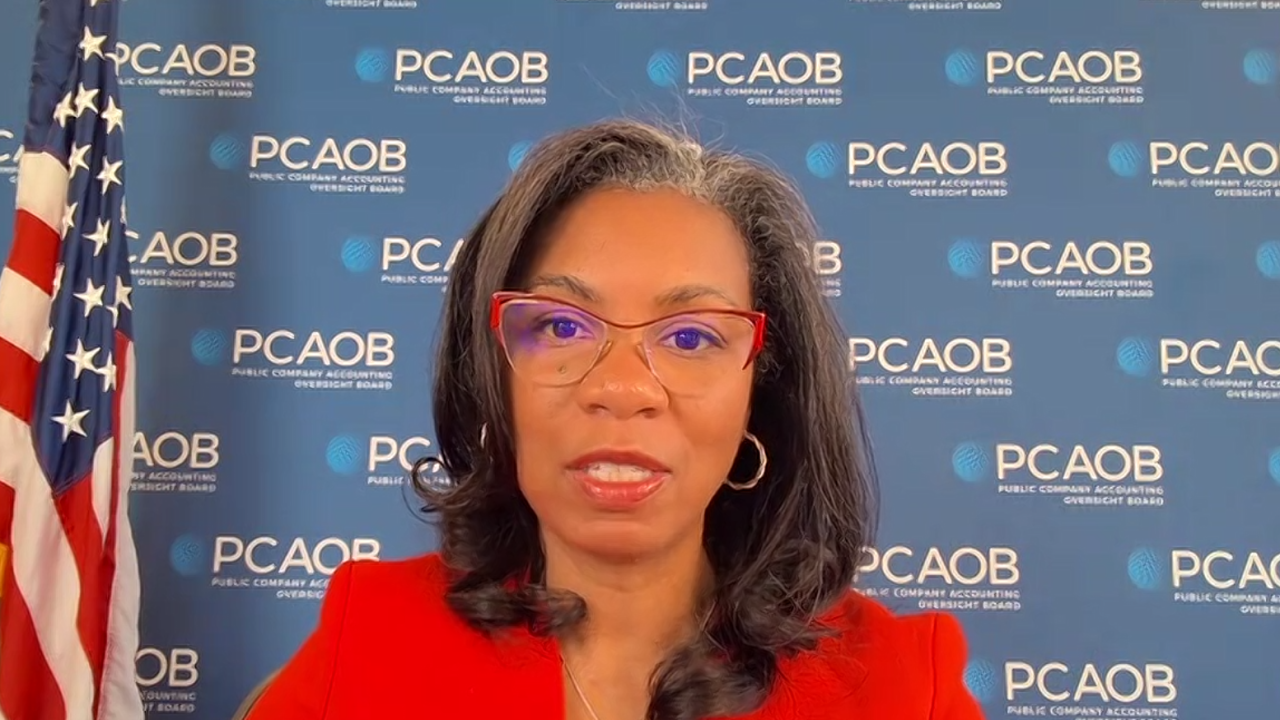IMGCAP(1)] What makes your firm stand out? Why do clients come to you over the competition?
As a heavily commoditized service, a one size fits all accounting practice can easily get left behind in today’s market. To get ahead of the pack, accounting firms need to find a niche offering that will kick their growth engine into a higher gear.
In a
That’s a powerful case for developing a niche. Chances are you’ve already begun developing this expertise without even realizing it. Developing a purposeful plan that maps out a more segmented go-to-market strategy will help you put the right pieces in place to support and build out a niche focus area.
What’s going to move you ahead?
There are numerous ways to develop a specialty focus — it could be around a particular service or a solution that addresses a pain point (think cybersecurity). Industry expertise can also be a powerful business generator.
To figure out what’s going to work best for your particular business, consider this three-pronged approach:
- Look back: Do you already have a pool of clients in a particular industry? To what services can you attribute the most growth recently? Analyze your existing databases for answers, and review your full client list to see if any patterns emerge. The best starting point will build upon what you’re already doing well.
- Be present: Are there employees who have already started to develop a specialized expertise? Is there someone who is naturally passionate about an industry or an emerging business challenge clients face? Generating momentum in a niche area will be much easier if you have people on board who are naturally engaged or drawn to the space.
- Look ahead: What kind of opportunity lies in the market(s) you’ve identified? Who are your competitors? Cull from industry data to evaluate the potential market. Weigh both the risks and benefits of specializing. There’s a risk in becoming too specialized: if you’re a big fish in a small pond, you should consider if there will be enough food to survive.
Don’t burn through your fuel too quickly
Don’t try to go from zero to 60 immediately, or everyone will burn out. Plot out a steady pace that feels comfortable for your firm to start testing the market. There should be someone who is fully committed to developing and testing the new go-to-market specialty, and can start taking action to raise his or her visibility in the marketplace to reinforce their expertise.
While you’ll certainly go into market testing with an idea of who you are and who you want to be, gathering feedback is critical to informing a smart (and effective) marketing strategy. What kind of clients are responding best to your new service(s)? Why? What do they think makes you stand out? What needs work?
Your plans must be nimble. Map out regular, achievable milestones to ensure progress is being made, but don’t be overly rigid. The foundation stage calls for some heavy lifting, so allot the proper time, energy and resources. If you can’t figure it all out on your own and everyone is at maximum capacity, outside programs can help you lay out an action plan. Industry conferences and events also offer tools and resources for developing a marketing plan.
Take at least a good three to six months on the road to test and learn before you start aggressively marketing your new expertise. At that point, you should have a much better idea of how to sell your solutions and what your key messages should be.
Consider how to affect change inside the organization too. Who will be involved in supporting growth (either directly or indirectly) for the new segment? How will they be held accountable? Organic growth will be critical to getting up and running.
Show your smarts
Shifting from a generalist to specialist mind frame can be scary, but it doesn’t have to be. After all, slow and steady wins the race. Own what you know and think through the transition carefully. In the long run, you’ll have a more successful practice because of it.
Amy Vetter is the global vice president of education and head of accounting, USA, for





